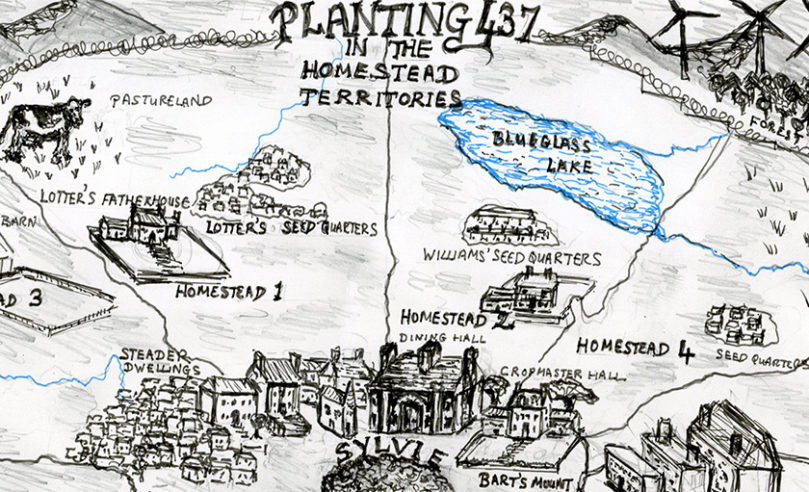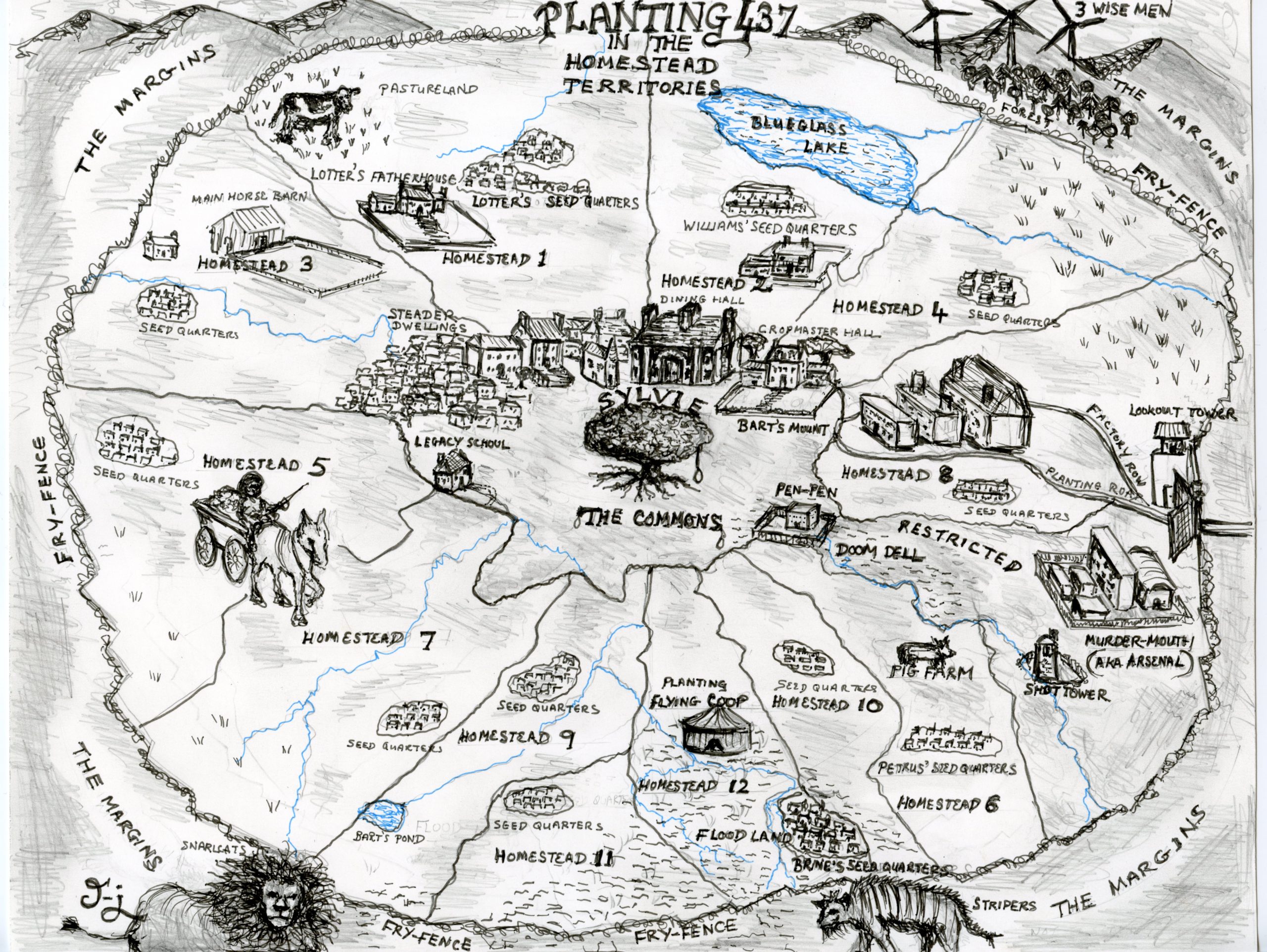opens in a new window opens in a new window
opens in a new window opens in a new window
opens in a new window opens in a new window
opens in a new window opens in a new window
opens in a new window
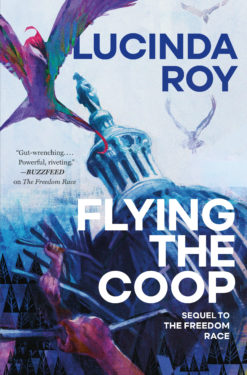 Lucinda Roy continues the Dreambird Chronicles, her explosive first foray into speculative fiction, with Flying the Coop, the thought-provoking sequel to The Freedom Race
Lucinda Roy continues the Dreambird Chronicles, her explosive first foray into speculative fiction, with Flying the Coop, the thought-provoking sequel to The Freedom Race
Dreams are promises your imagination makes to itself.
In the disunited states, no person of color—especially not a girl whose body reimagines flight—is safe. A quest for Freedom has brought former Muleseed Jellybean “Ji-ji” Silapu to D.C., aka Dream City, the site of monuments and memorials—where, long ago, the most famous Dreamer of all time marched for the same cause.
As Ji-ji struggles to come to terms with her shocking metamorphosis and her friends, Tiro and Afarra, battle formidable ghosts of their own, the former U.S. capital decides whose dreams it wants to invest in and whose dreams it will defer. The journeys the three friends take to liberate themselves and others will not simply defy the status quo, they will challenge the nature of reality itself.
Please enjoy this free excerpt of opens in a new windowFlying the Coop by Lucinda Roy, on sale 7/5/22.
Ji-ji woke to a serious, potentially insurmountable problem. After Afarra had gone to sleep in her own bed in her own room at 9:30 p.m., Ji-ji had lain down for a minute. Exhausted by her flying lesson that morning, when Coach Mackie had pushed her to the limit, she’d fallen into a deep sleep. Afarra must have snuck in while she slept, and now she was snuggled up against her.
Afarra had given many names to the wonders that had blossomed on her Elly’s back, including Shimmershines, Secret Hopefuls, Freedom Twins, and Purple Tears. In their retracted position—a position they’d adopted four days ago and refused to budge from—their massive size remained a secret. The ridges created by their intricate root system ran along either side of Ji-ji’s spine and arched around her shoulder blades. The two craterlike formations, like eye sockets on a giant’s skull, were where her wings, if she could even call them that, nested.
Ji-ji raised her wrist as noiselessly as she could and squinted to make out the mouse’s white-gloved hands in the dark. 10:45 p.m.! She’d never make it in time. A quarter mile from their hideout, so as not to be detected by the bodyguards the Friends of Freedom had assigned to protect them, Tiro was waiting in a van behind an old warehouse. Trouble was, when it came to monitoring Ji-ji’s movements, the bodyguards were a breeze compared to Afarra, and ever since they’d slept up in the Jim Crow nest a couple of weeks ago, Afarra had been having nightmares. Ji-ji cursed herself for agreeing to Afarra’s absurd request. Neither of them were fond of heights, but Afarra’s constant pleading had worn her down. Having experienced a terrifying visitation herself when Lua-Dim and Silas, her deadborn, paid her a visit in Father-Man Brine’s confessional on the planting, Ji-ji sympathized with Afarra. As the saying went, “Most ghosts only boast but Dimmers always simmer,” meaning a Dimmer’s thirst for vengeance far exceeded that of ordinary ghosts. Ji-ji still wasn’t sure if the visitation by Lua-Dim was a product of her fevered imagination. But she did know that a visitation by the tribe of Dimmer-dead, real or imagined, could put the fear of god into you.
None of this altered the fact that Ji-ji had to get out tonight. She didn’t know if her strange new body triggered the yearning she had to look up and see an unobstructed sky, but she did know that her desire to be in the open air was overwhelming. They’d been stuck inside for close to four months. Their first summer in the city was coming to a close and she’d seen nothing. Venturing out into D.C. in the dead of night when she was supposed to be dead herself was beyond reckless. But tonight—for her sake and for Tiro’s—it was a risk she had to take.
Slowly, she eased herself away from Afarra. The single bed with its lumpy mattress and squeaky frame threatened to betray her. Slowly . . . slowly. . . . She looked behind her. Afarra was still fast asleep. The painted eyes on the wizard’s wooden necklace might be permanently open, but they hadn’t seen a thing. Slowly, Ji-ji stood up.
“Elly!” Afarra cried. “We see you wake!” The “we” referred to Afarra’s eyes and the wizard’s.
Damn! Ji-ji tried to persuade Afarra to go back to her room. Hopeless. She tried to bribe her with the last square of chocolate from Tiro’s latest gift box. That didn’t work either.
“You are wearing day clothes,” Afarra stated, in a prosecutorial tone. “I think you are being a cheater, a sneaking.” Her self-taught language could be confusing, but Ji-ji had no trouble understanding her tonight.
Ji-ji proceeded to make her case. She told Afarra that Tiro was waiting to take her to the Dream Coop so she could see him fly. He was in a van nearby. Knowing how attached Afarra was to her Shimmershines, she said her back was desperate. “They can’t stay all cooped up in here, Afarra. Just one night. One night of outside, then I can put up with the inside. Do you understand?”
Afarra relented. “Okay, Elly,” she said. “I understand.”
“You do? Great! I’ll be back before you know—”
“We go together. If not, I rat on you to Bodyguard Large.” She meant the large bodyguard Ji-ji had nicknamed Large Bodyguard-at-Large, LBL for short, one of the night-duty bodyguards.
Ji-ji knew Afarra wasn’t bluffing. She glanced at her wristwatch again. Almost eleven. “Okay, okay,” she said. “But you gotta do exactly what we say.”
Taking advantage of the extra pair of hands, Ji-ji asked Afarra to bind her up tight. Her appendages had been known to play up; the last thing she needed was for them to unfurl spontaneously tonight.
Thrilled at the prospect of going outside, Afarra leapt into action. Within two minutes they were ready. In another minute, they were running as quietly as they could, past the desalination plant the city stopped working on years ago, and past waterlogged warehouses. As usual, apart from a few stray cats and one or two street people, who paid them no mind, the flood zone was deserted.
They tore round a corner and there it was, exactly where Tiro had promised. A white van with its headlights off. It purred in readiness. Ji-ji rushed to the van, leapt in, and flung her arms around Tiro’s neck. Shocked, she pulled away from the man in the black skullcap.
Marcus, Tiro’s flying partner, had puckered up his lips in readiness. When she pulled away, he’d given his usual I-don’t-give-a-crap laugh. His mood underwent a tectonic shift, however, when Afarra climbed into the van and plopped herself down in the second row of seats. With an angry jab of his index finger, Marcus killed the engine. In that lazy-river voice of his, tinged with an irritation Ji-ji hadn’t heard from him before, he asked what the hell Afarra thought she was doing.
“I am being with Elly,” Afarra declared, defiantly.
“Tiro won’t like it,” Marcus warned. “The deal was I bring her to the Dream Coop, not you.”
He glared at Afarra in his rearview mirror; she glared right back and poked out her tongue. Normally, Marcus would have shrugged off the insult. Not this time. Tiro’s fly partner, who’d often boasted that the only thing he cared about was getting off Planting 437 with a tasty bag of prime weed, lost his temper. Said naïve idiots like the two of them—and Tiro too—went round with blinders on, trusting that the good Lord or a Tribal wizard would intercede to save their sorry asses.
“Listen up, kiddos,” he cautioned. “Seeds may call this place the City of Dreams, but D.C.’s a teeter-totterer. It can’t be trusted. Too many secessionist sympathizers itching to get their hands on seeds they can export back to the Territories.”
In the pause that followed, the best Ji-ji could come up with was “I thought Tiro was coming to pick me up.”
“If that fly-boy could drive worth a damn he would have.”
“He got his license,” Ji-ji asserted.
“So? Licenses are automatically issued to flyers. One of the perks. Don’t mean the fly-boy knows how to drive. Dreamfleeters get licenses as easy as we get pus—” The syllable hung in the van like a stone from a slingshot. The turn the conversation had taken seemed to embarrass him even more than it did her. “That shit don’t mean a thing,” he added. “You know that, Ji-ji, right?”
Marcus glanced in the rearview again and shook his head. Tapping his fingers to his collarbone to indicate the painted eye beads around Afarra’s neck, he said, “That freaky wizard necklace’ll spook the locals. His Death Day speech is being spouted from here to Kingdom Come. The Reverend Dreamer stepped clean out of his mountain when he heard it.”
In her excitement, Afarra nearly stood up. “The Dreamer can walk?” she exclaimed.
Marcus couldn’t help smiling. His voice softened and he played along. “Course he can walk. Knows Dreg’s Death Day speech by heart too. Recites it to the other monuments. Black, White, and Brown, all rising up together. Very kumbaya.”
Afarra muttered something Ji-ji didn’t catch. She looked real pretty sitting there in the second row of seats, her rich, dark skin glowing, her face filled with joy as she thought about the two dead Black men she trusted. Ji-ji scooted out of the passenger seat and clambered into the second row. She put her arm around Afarra, as if she could protect her from anything the world threw at her. The gesture seemed to touch Marcus, though he was still insistent about the necklace.
“Sorry, Afarra. If you’re tagging along, you gotta take that thing off an’ leave it in the van.”
“The Eyes is mineminemine!”
“Never takes ’em off,” Ji-ji explained. “Only when she showers so the soap doesn’t sting.”
A jacket lay on the floor in front of the passenger seat. Marcus grabbed hold of it and flung it behind him into Afarra’s lap. “Here. Wear this. An’ keep it zipped way up.”
Afarra began to argue: “It is too hot for—”
Marcus lost it again: “Think I give a crap? Patrollers are out in force tonight picking up undocumenteds. If they see you with that thing round your neck they’ll—”
Afarra pulled a folded paper from her pocket: “I am documented. I have the paper.”
“You think a piece of paper’ll protect you if a patroller’s got a mind to have some fun? Besides, outcasts don’t get the same privileges as—” Marcus caught sight of Ji-ji’s face. He sighed. “Just take the damn necklace off, or wear the jacket zipped all the way up. Shouldn’t be anyone at the Dream Coop when we get there, late as it is, but there’s no point risking it. An’ zip up your mouth too. Patrollers don’t take kindly to weird. If they pull us over you’ll get us all lynched.”
“They are not lynching people in the Dream,” Afarra told him.
“Is that right?” Marcus said, swiveling his head around to face her. “Try telling that to the twelve poor seeds got strung up in Montrose Park last month.”
Ji-ji hadn’t believed him at first. Zyla had never mentioned it. “You saying they hung botanicals? Who?” she asked, not knowing herself if she was referring to the victims or the perpetrators.
“It’s hanged not hung when you’re talking about people. Folks always get that shit wrong. . . . Listen to me. This is a Liberty Independent, but it’s not nearly as progressive as Atlanta or Austin or Chicago. Free’s not Free for ex-botanicals in D.C. Bastards make us pay for it. Zyla clue you in about that? Thought not. Your fairskin fairy godmother sanitizes the menu before she serves it up.”
His anger against Zyla Clobershay, Ji-ji’s mentor and friend, had come out of nowhere. Ji-ji was reminded of what Lucky Dyce had said about Zyla—how he blamed his father’s death on her recklessness. At least Lucky had a legitimate reason to be angry. Ji-ji rose to her teacher’s defense.
“What have you got against Zyla? She was nice to everyone at the legacy school.”
Yep, Jellybean, she was. Cute too. Guess I don’t believe in fairies . . . or God . . . or mothers, come to think of it. Put the jacket on, Afarra, or I throw you both out an’ drive back alone to the Dream Coop to a fly-boy with a broken heart.”
Afarra poked out her tongue at Marcus one more time for good measure. Then, with Ji-ji’s help, she slipped into the light jacket, at least five sizes too big. It reached past her knees. She had to bunch up the sleeves to see her hands.
Satisfied, Marcus went over the schedule. They’d drive around the Mall once only, then head to the Dream Revival District. “Yeah, I know. You gotta see the Dreamer’s statue. We’ll pass by the monument. Don’t blink else you’ll miss him.” Not far from the statue was their ultimate destination, the Dream Coop. “Where you kids’ll watch me an’ Tiro the Pterodactyl fly the Dream.”
Marcus pressed the ignition button again; the engine shunted to life. Excited by the novelty of riding in the van, the passengers fell quiet as it shuddered forward. Afarra could count the times she’d ridden in a vehicle on one hand. Ji-ji’s vehicular experience was limited too.
They exited the flood zone without incident. As soon as they reached the other side of the river, however, traffic picked up. The steady stream of pedestrians and bicyclists struck them first. Streets were often busy in the late evening when undocumented refugees surfaced to claim a sleeping spot on the Mall, but tonight it looked like the entire city had turned out.
Marcus smacked his hand on the steering wheel, then placed his forehead on his hands. “Oh crap,” he groaned, not looking up. “They must’ve rescheduled the fireworks.”
“How come you didn’t know that?” Ji-ji asked.
Her question sounded more accusatory than she’d intended, but he didn’t take offense.
“The owners censor notifications we get on fleet-issued callers. Don’t want their fly-boys out partying.” He took out his caller and scrolled through the messages. “Yeah. Here it is. An announcement about the Independence Day celebration. Sent this afternoon to the rest of D.C., but we get it thirty minutes ago. Well that’s just great. It’s eleven twenty-five now. Fireworks go off at midnight.”
Ji-ji remembered what Zyla had told them. After a storm ruined the Independence Day celebration, flooding the Mall and many of the low-lying areas, the mayor had rescheduled the fireworks for last week. He’d been thwarted again when more torrential rain flooded the area.
In a last-ditch effort to escape the hordes of pedestrians heading to the Mall, Marcus headed north, hoping he could bypass the congestion, circle round, and make it to the Dream Revival District. The street he took was blocked off. They turned back only to find the access road jammed with traffic. The van wasn’t going anywhere till the fireworks were over.
For Marcus, the plan was simple: wait in the van then head to the Dream Coop soon as the crowd thinned.
Ji-ji pleaded with him to let them get out and walk around the Mall: “We’re a stone’s throw from the museum. We can walk to the Steps of Abraham too. Stand where the Dreamer stood.” With no real hope it would work, Ji-ji made one last plea: “I gotta see the Mall, Marcus. Tonight especially. It’s like these things on my back can’t do what they need to do if we don’t go there. I know you’re mad at us, but please, I gotta see it.” She knew it was hopeless. Tiro would have bought into something as crazy-sounding as that, but Marcus, a skeptic, never would.
Afarra didn’t go for it either. “No walking!” she asserted. “Very stupid in the dark.”
“Out of the mouths of babes,” Marcus said, before swiveling around in the driver’s seat and looking at Ji-ji in a way she’d never seen him look at anything or anyone before, without irony or irritation, as though he was pondering something that troubled him deeply. His tone was wistful as he said, “Tiro’s never been right in the head after he saw those things on your back unfurl. Says they make men believe in God. Makes sense in a world as screwed up as this one they’d have needs too. If we assign each of those things a full vote, it’s three votes to two.”
“You mean . . . ?” Ji-ji asked, barely daring to believe him.
“Yep. You win. Let’s hope those miracles on your back are smarter’n the rest of us. Though I guess that wouldn’t be saying much after tonight’s fiasco. Stay close. I’m talking to you, Afarra.”
“Stupid, stupid!” Afarra muttered, furiously. “They are all the time weeping.” As proof, she held up the wizard’s necklace. Ji-ji stared at the wooden eye beads. Dry as a bone.
Marcus was speaking. Fast. “We head straight there and straight back. It’s dark so your—what does she call ’em?”
“I am saying Shimmershines and Secret Hopefuls, Freedom Twins and Purple Tears.”
“Very creative,” Marcus said, dryly. “Those Shimmershines’ll likely see as much as those eye beads of yours, so don’t get your hopes up. We’re not seeing Lincoln either. Free the slaves my ass.”
Ji-ji interrupted: “But he did Free the—”
“Yeah,” Marcus replied. “Thing is, a father-man’s a father-man. Sooner you realize that the better off you’ll be. We steer clear of the west end of the Mall. It’s rough down by the pool. We see the outside of the museum, that’s it. After our little field trip, it’s straight back to the van and on to the Dream Coop. If it’s too late, I take you back to the Aerie. Last thing we want is the Friends putting out an APB on you two. Ji-ji, keep your cape on. Afarra, if you take that jacket off I’ll stuff you back into it myself. An’ don’t say a word about Toteppi. They picked some up the other day. No one’s seen ’em since. I’ll let Tiro know we’ll be late.” Marcus took up his caller then looked back at Ji-ji. “Can’t believe I’m doing this! I’m crazier’n those crazyass eyes she’s wearing.”
“No you’re not,” Ji-ji told him. “You’re a good person.”
“I swear, kid, whatever angle you’ve got, I still haven’t figured out what it is.”
Having typed out a message saying they’d be late, Marcus reached into the glove compartment and pulled out a gun. Afarra didn’t see him do it but Ji-ji did. She gave him a look that said, “What the hell are you doing?”
“Can’t be too careful,” Marcus told her, raising his dashiki and stuffing it into his belt. Afarra seemed occupied with the necklace. Marcus lowered his voice and leaned in to Ji-ji. “I hear tell you pack heat yourself. Petrus’ gun, right?” She didn’t like the way he said that.
“Yeah, I got his gun. I keep it nearby in case the steaders find us. But I don’t carry it around with me. Not that I go out . . . much . . .” She forced herself to stop blathering.
“Look,” Marcus said, “not all the folks in Dream City are as saintly as I am. Bet Zyla the Fairy Godmother forgot to mention that too. If I’m going down, it won’t be without a fight.” He handed each of them a face mask. “Keep these contagion masks on at all times. We go incognito.”
Afarra, who often found rhymes amusing, burst out laughing. Afarra’s laugh didn’t let you hold out for long. Ji-ji joined in next, followed by Marcus.
Sometimes a place takes root inside you before you’ve even seen it. That’s the way it was for Ji-ji when she stepped onto the Mall at last and felt D.C.’s contours bind with her own. The oddities on her back stirred in their sockets of bone. Energy rippled out in gentle circles from her spine, as if her back were a body of water and someone had lobbed a stone into its center.
Three things tempered Ji-ji’s enthusiasm: the fear she’d be spotted; the knowledge that she’d put Afarra and Marcus in danger by venturing out tonight; and the semiautomatic handgun Marcus had stuffed into the belt of his jeans under his colorful dashiki.
Yet even those concerns, stomach-churning though they were, couldn’t smother the excitement Ji-ji felt as she maneuvered through the crowd on the Mall. For the first time since she’d stepped through the walled city’s forty-foot gates as one of the winners of the Freedom Race, she was roaming Free. A friend on either side, her torso bound tight so no one who brushed up against her would be alarmed by her mutancy, she made her way toward the one place on the Mall she had to see. If anyone had asked her if she could actually hear the voices of the Passengers coming to her from the museum where their stories were enshrined she would have said no. It wasn’t a sound exactly. It was more a sense that something large was opening up inside her and refusing to close again. An affirmation of Things Lost, a pulsing elegy.
Behind her on her right, Tiro’s fly partner remained glued to her back. Every once in a while, he urged her forward. Marcus wasn’t the only one eager to get out of there. Whenever Ji-ji paused at one of the stalls or watched an acrobat or mime, Afarra half dragged her away.
The Mall was notoriously dangerous after dark, but tonight the usual residents—the so-called Maulers who slept under stalls, cardboard, sheet metal, or whatever else they could lay their hands on—had been replaced by Districters, who’d come to the Mall to do what Free people did in a Liberty Independent on the Fourth of July—to see the fireworks.
Only it wasn’t the Fourth of July. Ji-ji couldn’t believe her luck. It was like Independence Day had been postponed twice just for her. They’d be able to walk right up to the museum that paid tribute to the First Seeds and Civil Righters. She looked up ahead and a little to the east. On Capitol Hill, lit up like a birthday cake, lay the most famous white dome in the world. She wanted to see the mayor’s pride and joy—the gigantic moat that encircled the Capitol Building. Zyla had told her it was an extravagance the bankrupt city could ill afford, but Ji-ji still wished she could see the moat and walk around in the fountain garden that fronted it. She didn’t care that the sweltering humidity made this section of the Mall, lined with porta johns, more pungent than ever; she didn’t care that the mud churned up by storms and hardened into stiff waves by a merciless summer sun made walking treacherous. She was roaming around in the city that hadn’t slept since Mayor Yardley’s Grand Reconstruction had been initiated. As work on the new levees rumbled on in the background, the flood-ravaged city that refused to bend to nature celebrated its faith in its own independence, and the independent spirit of its forebears.
Earlier, when Marcus had handed contagion masks to Ji-ji and Afarra, he’d been adamant that they keep them on. Jellybean Lottermule was meant to be dead and buried, he’d said. In a way, Ji-ji thought, I am. Ji-ji Silapu bore little resemblance to Father-Man Lotter’s Muleseed on Planting 437. Yet staying hidden in the abandoned practice coop and the adjacent three-story building where she and Afarra shared an apartment had been a much harder trial than she’d expected. Christening the apartment the Aerie had been unwise. She hadn’t foreseen how often the name would mock her. Her confinement was for her protection, but protection without liberty is a form of torture for someone whose spirit is nourished by trees and grass and an unimpeded sky. What was the point of escaping the Homestead Territories if you wound up caged in an aerie?
A powdered-sugary line reeled her in: a stall where funnel cakes were made to order.
“Uh-uh,” Marcus said. “No stopping. We see the museum. It’ll be closed so we’ll see the doors. Those’ll be closed too. That’s it.”
As he steered her along by her right elbow and Afarra yanked on her left hand with the tenacity of the drowning, Ji-ji clutched a bag to her chest. Inside the small canvas bag with the image of the Capitol dome stamped on the front were her official residency papers, a flashlight, three painkillers in case her back played up, a bottle of water, and a small gift for Tiro.
At that moment, as if to mock her, the churned-up earth sent her flying. If Marcus hadn’t caught her she would have fallen flat on her face, brought low by the Mall’s undulating sea of crud.
“You are falling,” Afarra scolded, stating the obvious once again. “I am telling you the out-and-about is dangerous, Elly. They are saying you will regret.” Those beady eyes were getting on Ji-ji’s last nerve. Afarra pulled Ji-ji in closer and whispered, “They are saying you are a secret to keep.” Ji-ji loved Afarra, but there were times when she was as cheerful as a Doomsday prophet.
Ji-ji pulled away and turned instead to Marcus. She thanked him for saving her.
“Thank me when we’ve made it outta here,” he muttered, as if he doubted it would happen.
His concern fueled Ji-ji’s. In the dark, it was hard to read his expression, especially in a contagion mask, something many residents wore after metaflu pandemics wreaked havoc in the city. But his body told her how tense he was.
After a rocky start, Marcus Shadowbrookseed had lived a charmed life. Emmeline Shadowbrook, Planting 437’s diviner and the most powerful fairskin female on the planting, had imported Marcus to the 437th when he was eight, after his mother died and he’d been left to fend for himself on the streets of some city. Marcus had never fessed up about which city it was, not even to Tiro. “Only fools look back,” he liked to say. “I keep my eyes on the road ahead.” The good looks and sandy complexion that had given him advantages on the segregated, viciously hierarchical planting came into play in different ways in the city. Everything about him, from the snazzy way he dressed to the smooth way he spoke, told you he’d hitched his wagon to his own star, which was on a steep upward trajectory. No one was surprised when he was selected to be the planting’s flyer rep in the Freedom Race after Tiro was forced to run from the planting. His good fortune could have spoiled him. It hadn’t, though it had left him with something Ji-ji couldn’t put her finger on. An untouchableness, as if he stayed at a distance from everyone, including himself.
The throng of Districters gathered on the Mall to celebrate the end of tyranny was mostly made up of White residents, but Ji-ji also spotted a fair number of black and brown faces among them. She was relieved. With any luck, the three of them wouldn’t attract attention.
They’d approached the National Mall from Seventeenth Street. Moving through the crowd, they passed a fenced-in pit where the Washington Monument once stood. The Civil War Sequel, repeated secessionist incursions, and terrorist attacks hadn’t triumphed over Washington, but floodwater had. The obelisk, along with the Jefferson Memorial, had been moved to Founding Fathers Hill, a mile or two away in the Mount Vernon Triangle neighborhood. Soon, when the mayor could find a way to pay for it, Lincoln would follow.
The Dreamer, along with the so-called Mother Lode (monuments to Harriet, Rosa, and Fannie Lou), had been moved to a constructed mound called Fourth Hill in the Dream Revival District. Ji-ji knew exactly where it was on the map in her head. They’d drive by that next. Amazing.
Enchanted by the stalls’ bobbing lanterns and makeshift electric lights hooked up to spewing generators, Ji-ji took everything in—the sweet aroma of grilled fish and jerk chicken, the Independence Day flags, the balloons. The stunning variety of food on the Mall made Planting 437’s Last Supper of the Spring seem like a modest family picnic. Marcus bought each of them a chocolate ice cream. Still mad at him for agreeing to let Ji-ji walk around, Afarra snatched it from his hand.
“She can be a little bitch when she wants to be,” Marcus said.
“She’s protective of me, that’s all,” Ji-ji told him.
Ji-ji looked over at the museum: a crown of upside-down flattened pyramids stacked against a midnight sky. The raucous hectoring of stallkeepers slid off her. She didn’t want to marvel at the live gator on a leash “declawed an’ tame as a puppy,” or taste the cicada shishkebabs “tastier’n beef,” or the snakes “sweet as eels” roasted on spits. No way did she want to listen to the bearded steader on a soapbox preaching about the secessionists’ Found Cause. The guns, ropes, and knives on a stall nearby only made her tired. . . . The thing that called to her was the white pavilion set up not far from there. Those with lucre to spare could enter the lit-up tent and dance the night away. She saw the silhouettes of the dancers flung up against the white canvas.
“See?” Afarra said as she looked over at the large white pavilion where shadows danced. “Dimmer ghosts is everywhere. Following. The Mall adventure is a bad idea.”
Ji-ji squeezed her friend’s hand. “It’s okay, Afarra,” she said. “We’re not gonna stay long.”
“We are if you two don’t get a move on,” Marcus said, propelling them forward.
Ji-ji imprinted the scene on her memory so she could return to it later. Who knows how long it would be before she’d be outside again? Weeks? Months? God, she hoped it wasn’t that long.
They kept moving forward, closer and closer to the museum. Gamblers sat at one of dozens of players’ booths, betting with ration cards and the fickle currencies of the Disunited States, District dollars mostly. A few well-dressed White Districters placed bets with the king of currencies, SuperStates, backed by central banks in the Eastern and Western SuperStates Alliance.
Ji-ji recalled Tiro’s repeated warnings that the city didn’t take seedchips, as if he suspected she kept a stash of the crude wooden chips as cherished souvenirs of planting life. Tiro stressed how risky it was to offer planting currency to anyone, especially currency from the 437th—what with Uncle Dreg’s reputation on the rise, and the coverage the three of them got as Wild Seed winners when they’d entered the city. As a fly-boy in the Dreamfleet, he figured he’d be safe, but Ji-ji and Afarra would be easy prey for secessionist sympathizers. Ji-ji had assured Tiro that though she and Afarra might look like dumbasses they were almost as smart as he was. Assured him they knew that planting stores in the Territories and currency exchanges along Dream Corridor were the only places you could trade seedchips. Stamped with the planting logo on one side and the face of the planting cropmaster on the other, the shoddily made seedchips could leave you with a crop of splinters in your fingers. Her father-man’s callously handsome profile would be stamped onto every one of the wooden “coins” from the 437th now he’d succeeded Herring as cropmaster. Arundale Duke Lotter would despise that type of recognition. He’d want his image stamped on silver. Or, better still, gold.
“How come no one’s betting with rebel dollars?” Ji-ji asked, when she spied another players’ booth.
“Rebels dollars’re known as yellers here,” Marcus told her. “Ain’t worth crap. Need a bucketful of yellers to place a bet.”
Without warning, a volley blasted into the night. All three of them jumped.
A glittering red shower cascaded over the Mall as all eyes turned upward. A waterfall of brilliant white came next. When loudspeakers blasted “The StarSpangled Banner” in time with the fireworks, Afarra screamed in delight. People oohed and aahed, clapped and shouted.
Marcus urged them to keep making their way through the crowd to the museum. “This is only a prelude,” he said. “The real show’s about to begin.”
Afarra pointed to a tent. “In there!” she cried.
“No stopping,” Marcus ordered. “We gotta beat the crowd an’ get out before the fireworks are over and the stampede starts. You itching to wind up in God’s Furrow?”
“No,” Ji-ji muttered. “She’s not itching to hear more patronizing rhetorical questions either.”
Marcus grunted out a laugh. “You better learn some manners, Lottermule, else you’ll rub some steader sympathizer the wrong way an’ find yourself shipped back to Lotterboy in a crate.”
Ji-ji didn’t admit she’d hoped to get a peek of the infamous furrow, see if it was as big as people said. Zyla had told her how the park on the Mall had been bifurcated last year when a tornado had made landfall in the center of the city. The monster carved a deep trough down the center of the park before veering south and shearing off the side of the war-damaged Air and Space Museum. Capriciously, it turned back, only to wimp out three yards from the Capitol Moat. The mayor called it divine intervention. The Washington Monument had been relocated a month before, and nothing in or near the Capitol building had been damaged. Zyla, who detested Mayor Yardley, said the divine should have intervened earlier, before dozens of refugees got killed.
To discourage the homeless from camping on the Mall, the grassy area— already a swampy mess—had not been restored. The mayor’s critics swore that a large section of furrow they did opt to fill in immediately after the tornado hit was a mass grave. The gash became known as God’s Furrow after a scathing editorial in the D.C. Independent when editors claimed it looked as if God Himself had plowed it. Because it separated those on the north side from those on the south, and because circumventing it added miles to your journey, God’s Furrow soon took on another nickname: the Great Divide. Tonight, the three of them were on the north side of the furrow, too far away to see it—difficult to see it in the dark anyway. Perversely, thinking about the scar running down the middle of the Mall gave Ji-ji comfort. God’s Furrow told her there was a destructive force more powerful in the Disunited States than the one that oppressed botanicals in the Territories. A natural force that father-men and inquisitors, however ruthless they were, could never equal.
The sky lit up again. One firework after another turned the horizon in quick succession from showers of red, to white, to blue. Ji-ji had never seen anything like it. It looked as if the museum were a vase holding a spectacular fireworks bouquet to Freedom.
Ji-ji happened to notice that her left hand was empty. Her left hand was empty! She looked around wildly. “Where is she?” she cried over the explosions. “Where’s Afarra?”
“She was right here!” Marcus exclaimed. “Right here!”
The two rushed around calling out Afarra’s name. Pop-pop-pop all around. Boom, boom, boom! “Please, God,” Ji-ji whispered, “please don’t snatch her from me!” No one had explained to Afarra what rights that piece of paper gave her. Marcus would have disclosed it earlier, but Ji-ji had stopped him. As a former outcast, Afarra’s status was provisional and limited. Her residency could be challenged by any D.C. patroller eager to rid the city of another seed. The Friends were working furiously to get the law overturned, but for now, till the paper Afarra carried was officially ratified (a process that could take years for former outcasts), it was more of a liability than a guarantee. But how do you tell that to someone like Afarra, who’d been through hell as an outcast Serverseed? How do you let her know that outcasts don’t perch on the lowest rung of the ladder, they’re chained to it?
The rising tide of panic in Ji-ji’s chest made it hard for her to breathe. Her friend, her adopted little sister, had disappeared! She tried to remember when they’d relinquished their hold on each other’s hands and stopped so abruptly that Marcus trod on her foot.
“What? You spotted her?”
“No. But I think I know where she went. Follow me!”
Ji-ji tore off in the direction of the tent Afarra had pointed to. A lightningfast runner, she reached it in a few seconds. But before she could push back the flap and step inside, a man shoved himself in front of her. Clean-shaven, he wore a polka-dot bandana. His gun was visible on a holster slung around his hips and secured at his thigh. He carried what looked like an antique revolver. Ji-ji had seen guns like that before. Chances were good it was a convertible. Its owner could slip a mag up inside it to make the conversion. The weapon paid tribute to the old world but massacred like the new one.
Marcus joined them. “Evenin’, sir,” he said, shifting his voice into a different gear.
“Five Districts or two SuperStates, boy. Per person,” the man demanded. He held out his non-shooting hand. Ji-ji’s heart fell. Afarra didn’t have any money. She couldn’t have gotten inside.
Out of options, Ji-ji still had to try. “We’re searching for our friend. Can we poke our heads inside? See if she’s there?”
The man mimicked her: “‘Can we poke our heads inside?’ Yeah. I can arrange for you to do some head poking round my crotch if you want. How come you speak like a fuckin fairskin, dusky?”
Marcus eased Ji-ji to the side and stepped forward. Moving slowly so as not to trigger anything, he removed his mask. “She lost her sister is the thing. An’ her sister’s a bit . . . you know the way some of ’em are, sir. Damaged. Not all there in the head.”
The man took a step backward and slapped his thigh as recognition spread across his face.
“Hey! You’re that rookie flyer! Philosopher Phil, right? I seen you on the billboards! Damn!”
“Flying name’s Marcus Aurelius. Folks get that wrong.”
“Marcus Aurelius, Philosopher Phil, who gives a fuck when you fly the Dream? You an’ that partner of yours. That wizard’s boy. Got money on you both to take the Most Valuable Partners prize this season. MVP’s in the bag. My, but you’re cute as a button. Bet those flyer groupies is all over you.” The man looked over at Ji-ji: “Ugly ones too, looks like. What you messing around with a dungskin like her for when you got fairskin fillies chomping at the bit for some fly-boy action?”
Marcus chortled. The sound was hollow and full of revulsion, but the man didn’t notice. “Ain’t that the truth, man,” Marcus said. “So can we take a peek inside? I got five Districts for each of us.” Marcus attempted to hand him the cash but the man held up his hands like it was a holdup.
“Kipper Cantle’s not about to jinx himself by taking lucre from his golden goose! Bad karma. Swore to the missus soon as I saw you two fly in that Freedom Race battle with that mountain of a Tribal—that Tree Laugh fella—I swore you’d take the title. Go on in an’ take a look, Phil. On the house. Stay long as you want. Tent was packed ’fore all this fireworks crap started.” Kipper looked up at the fireworks. “Yardley’s gone overboard—sending our hard-earned taxes up in smoke. Won’t be no one else stopping by till this commotion’s done.” He leaned in and grasped Marcus’ forearm. “Trust me, this one’s a doozy. Fully functioning too. If you want, I can activate his functions for a small fee. I tell you, boy, a horse ain’t got nothin on—”
“Thanks, man,” Marcus said. “I’ll let you know.”
Just then, another staller called out to Kipper to get his ass over there and share a single malt on Independence Day. “It’s not Independence Day, you old fool!” Kipper shouted back, but he set out for the shot anyway. “Take all the time you want,” he sang over his shoulder as he picked his way over the crud to join his neighbor. “Best rookies I’ve ever seen. My money’s on you, boy!”
Marcus and Ji-ji stepped inside. The tent wasn’t very large but it was very dark. Kipper had dotted a few smoky kerosene lamps around. The place stank. At first, Ji-ji thought the tent was empty except for a tall cylindrical cage in the center. Then she spotted a figure swamped by a huge jacket. Afarra rested her forehead against the bars of a cage. Brimming with relief, Ji-ji would have called out, but Marcus put a hand on her arm and a finger to his lips. Ji-ji soon understood why.
Afarra was talking to the occupant of the cage. Most of her words were incomprehensible—a strange, Afarra-type mix of English and other languages. Ji-ji didn’t speak Totepp—neither did Afarra, as far as she knew—but she recognized a word or two from her mother’s tongue. She heard a few clicks and deep-throated clucks too. But it wasn’t the language that took them aback, it was something else. The hulking shadow on the stool in the center of the cage was riveted by what Afarra was saying.
“What is that thing?” Marcus whispered.
It was the only prompt Ji-ji needed. She rushed up to Afarra and pulled her away from the cage. “Afarra! It’s not safe!” Ji-ji flung her arms around her and hung on. “Why did you run off like that? I can’t lose another sister! Please don’t ever do that again. Scared us half to death!”
Marcus came up then. “How’d you get in here anyway? You buy a ticket?”
“No. The Eyes they hear him calling. I come in by the underneath. Under the flap.”
“Are you insane?” Marcus said. “Kipper out there wouldn’t think twice about handing you off to patrollers! Or pairing you up with this one for jollies. What is that thing anyway?”
Ji-ji looked into the cage. “Is that . . . Oh my god! Afarra, is that Drol?”
“No, Elly!” Afarra cried. “You are being very stupid tonight. This is another one. So I am the one telling him about Drol. I am saying he is not alone. He is very interested. See?”
It was hard to see much of anything when the shadow was sitting in shadow, but it seemed to Ji-ji that the extremely large, extremely furry figure on the stool bore an uncanny resemblance to the poor mutant they’d first run into in the Doom Dell on Uncle Dreg’s Death Day.
“Drol is with Man Cryday in Memoria near Dimmers Wood,” Afarra reminded her. “He is not being here with us cos he is there with her.”
“Cryday’s ant, you mean?” Marcus said. “That ape mutant Tiro told me about?”
Afarra was furious. “Drol is not a ape mutant! He is a man!”
“Keep your voice down!” Marcus said. “Sure as hell looks like an ant to me. How tall is it anyway? Whoa!”
The cage’s occupant had stood up. His head hit the top of the cage and the rusty contraption shuddered. At close to eight feet, the prisoner towered over the six-four fly-boy.
“He is very tall,” Afarra said, as if her friends were blind. “He is wanted to be Free. Like us. I am telling Muckmock we Free him in a flash tonight. With your gun you do it.”
Of course she saw his gun, Ji-ji said to herself. Since when has Afarra missed anything important?
“You’re telling him what?” Marcus said, incredulously.
Ji-ji attempted to reason with her: “We can’t Free him, Afarra. I wish we could, I really do. But we can’t. He’ll get killed if we try it. People are scared of big. Scared of mutants too.”
Afarra made a passionate plea: “No cages in the Dream! They are saying to be Free. All of us can live Free together like Uncle Dreg promised for the Rising. The Eyes are saying it to me. I promise already! I tell him you are like him. I swear on your wings to do it!”
“Okay, that’s it,” Marcus said. He looked back at the entrance. “All we need is for her to say some stupid shit like that in public an’ they’ll string us up. You’re coming with me, kid. Now.”
As he moved to grab her, the captive’s clawed, hairy arm shot out so fast that Marcus, in spite of his flyer’s reflexes, barely dodged injury.
Marcus swore, picked Afarra up, and slung her over his shoulder. He grabbed Ji-ji’s hand and pulled her from the tent. Behind them, Ji-ji heard sobs and howls coming from the cage. The sound of suffering, as tenacious as her own shadow, clung to her back and refused to let go.
Copyright © 2022 from Lucinda Roy
Pre-Order Flying the Coop Here:
opens in a new window opens in a new window
opens in a new window opens in a new window
opens in a new window opens in a new window
opens in a new window opens in a new window
opens in a new window
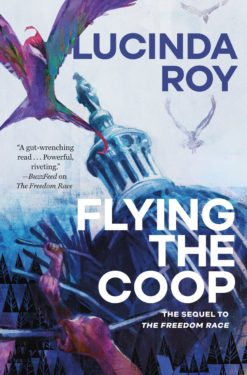 “I didn’t want to write about why the caged bird sings; I wanted to write about how the caged bird flies.” –Lucinda Roy, author of Flying the Coop
“I didn’t want to write about why the caged bird sings; I wanted to write about how the caged bird flies.” –Lucinda Roy, author of Flying the Coop opens in a new window
opens in a new window opens in a new window
opens in a new window opens in a new window
opens in a new window opens in a new window
opens in a new window

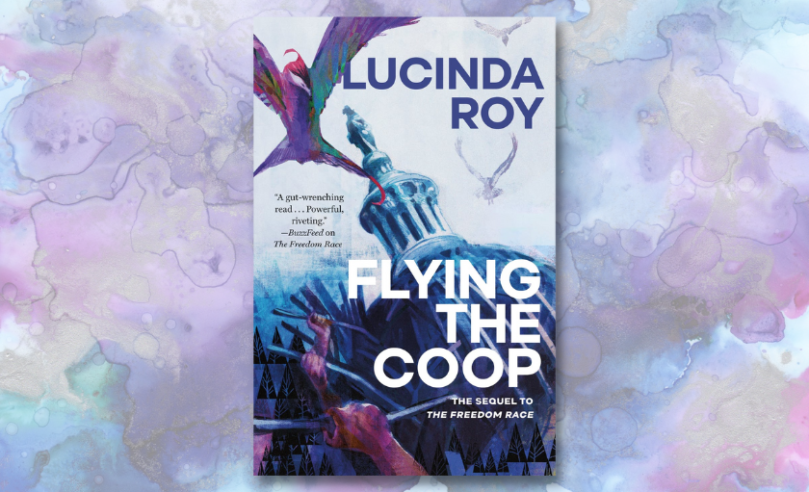

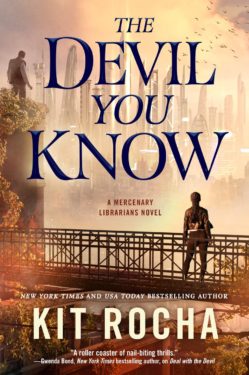





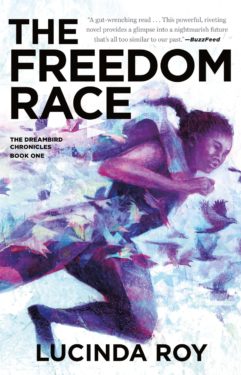

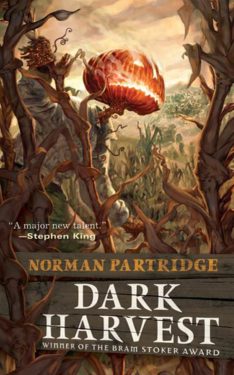

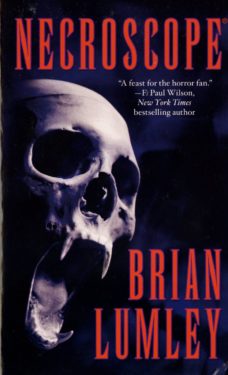
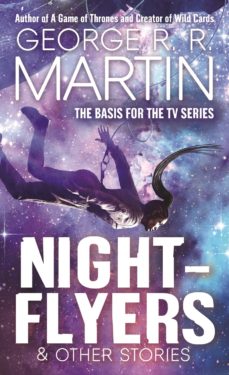

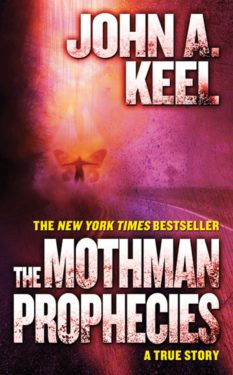

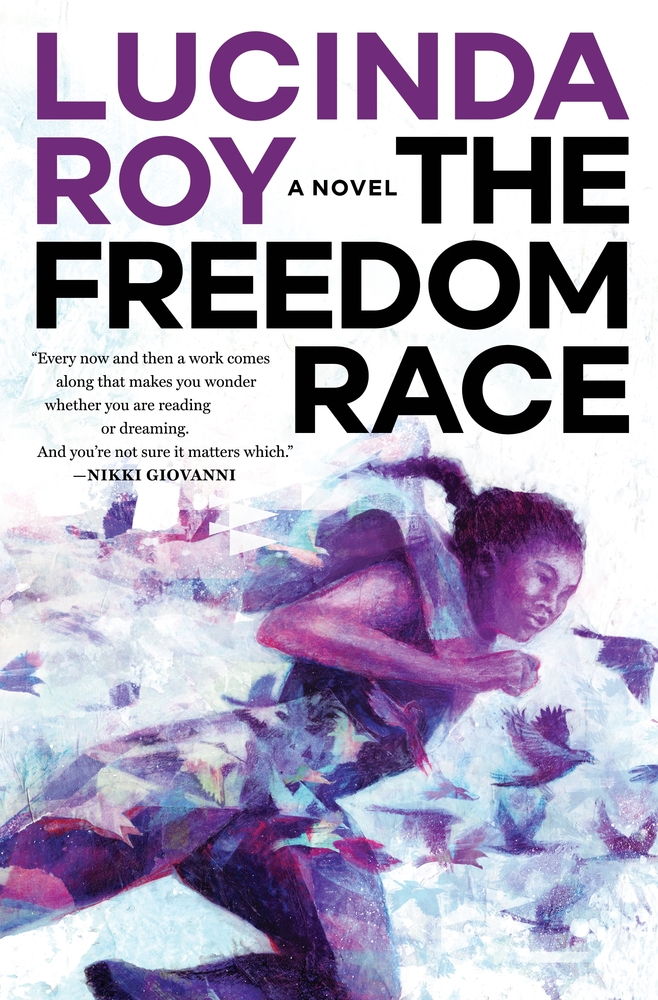 The Freedom Race, Lucinda Roy’s explosive first foray into speculative fiction, is a poignant blend of subjugation, resistance, and hope.
The Freedom Race, Lucinda Roy’s explosive first foray into speculative fiction, is a poignant blend of subjugation, resistance, and hope.
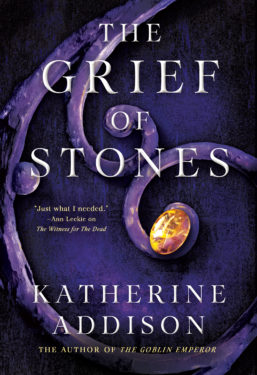 The Grief of Stones
The Grief of Stones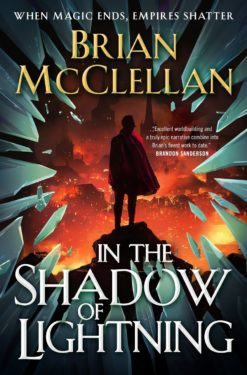 In the Shadow of Lightning
In the Shadow of Lightning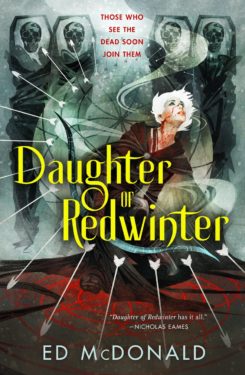 Daughter of Redwinter
Daughter of Redwinter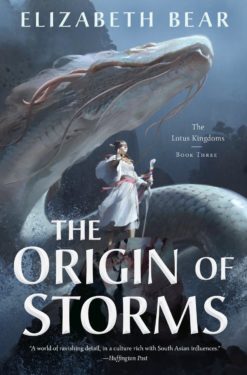 The Origin of Storms
The Origin of Storms Sands of Dune
Sands of Dune Flying the Coop
Flying the Coop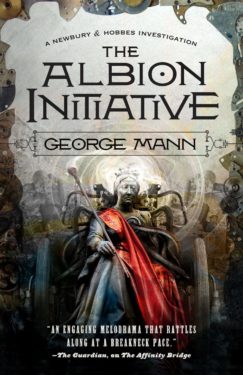 The Albion Initiative
The Albion Initiative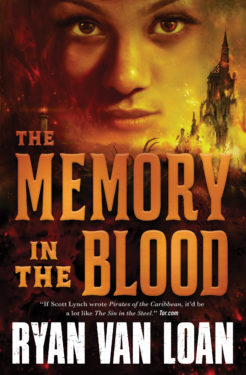 The Memory in the Blood
The Memory in the Blood Mythago Woods
Mythago Woods Just Like Home
Just Like Home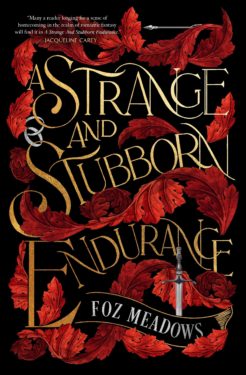
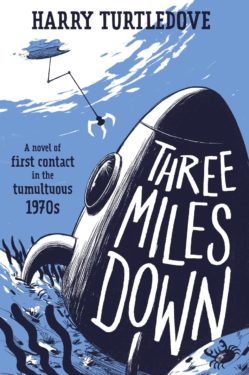 Three Miles Down
Three Miles Down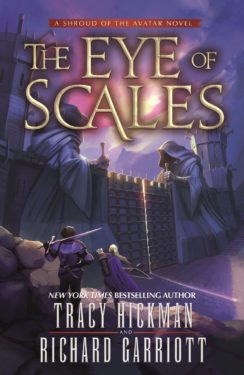 The Eye of Scales
The Eye of Scales The Book Eaters
The Book Eaters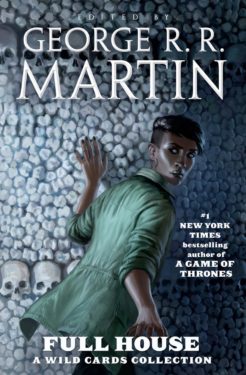 Full House
Full House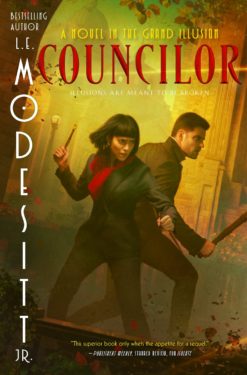 Councilor
Councilor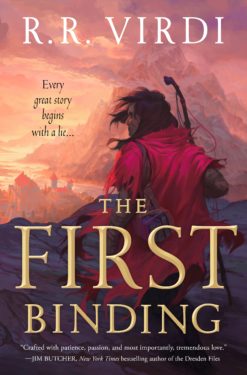
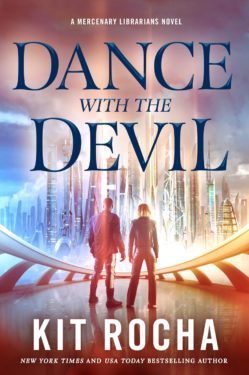 Dance with the Devil
Dance with the Devil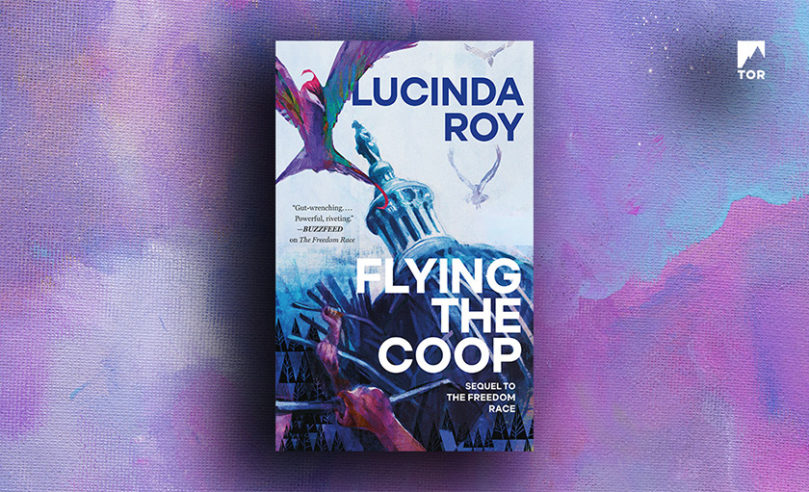

 Light From Uncommon Stars
Light From Uncommon Stars Hungry Daughters of Starving Mothers and Other Stories
Hungry Daughters of Starving Mothers and Other Stories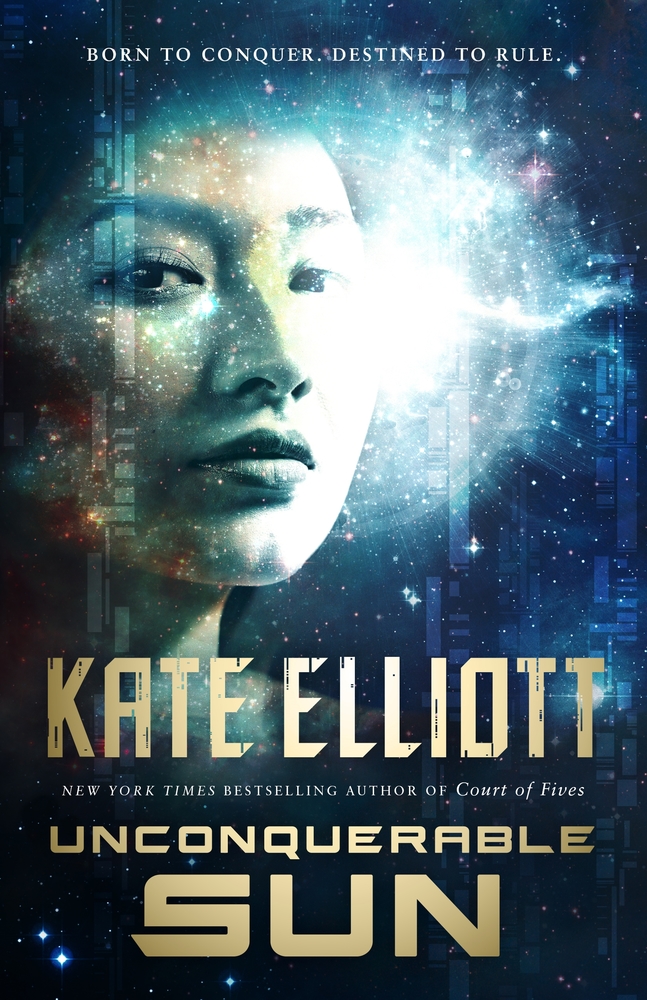 Unconquerable Sun
Unconquerable Sun  Book of Night
Book of Night

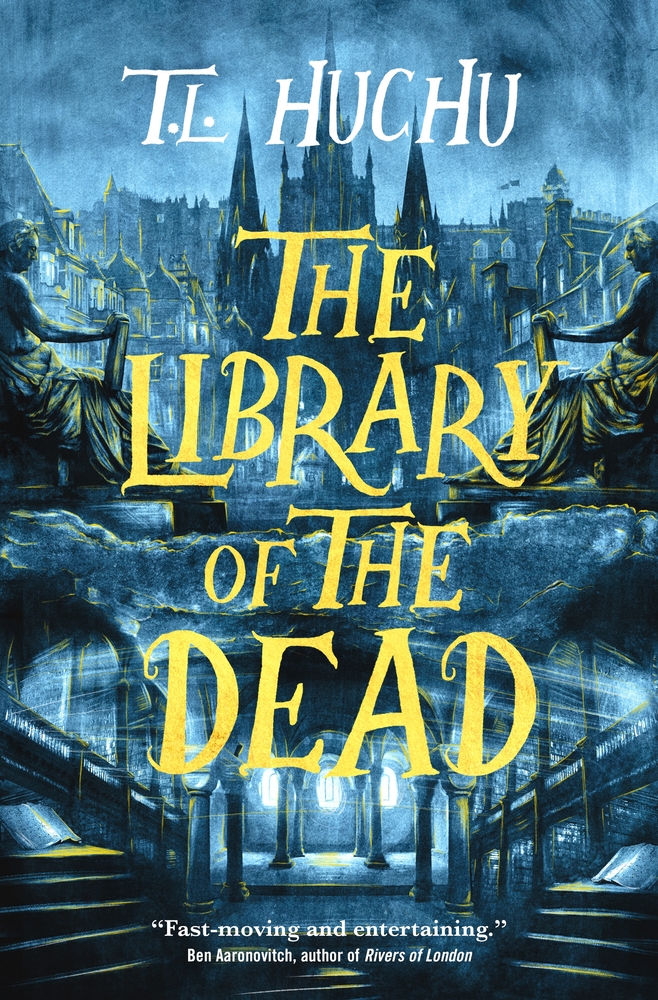 The Library of the Dead
The Library of the Dead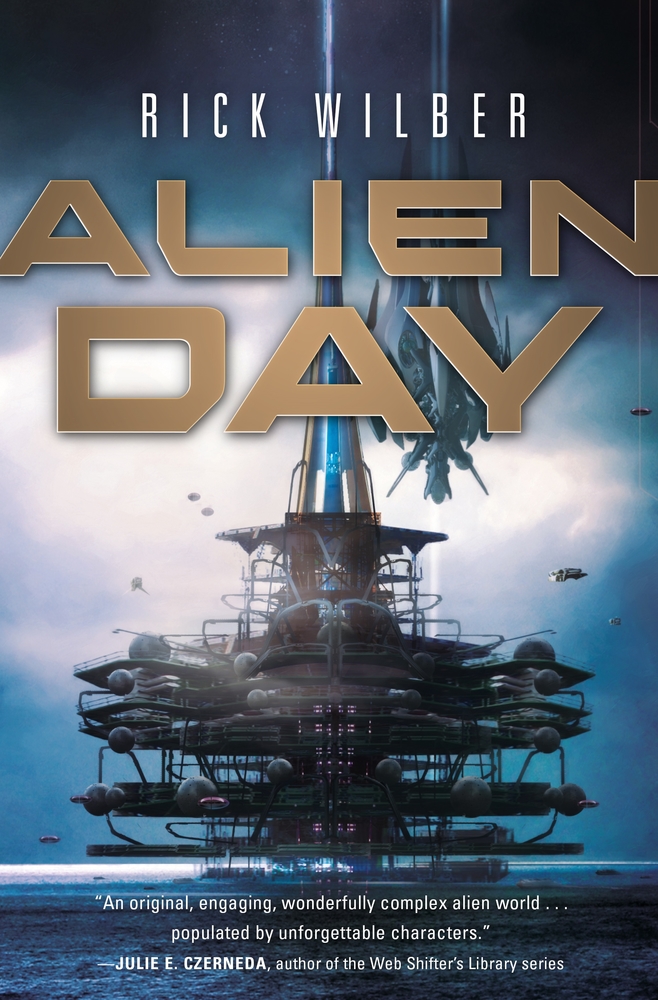 Alien Day
Alien Day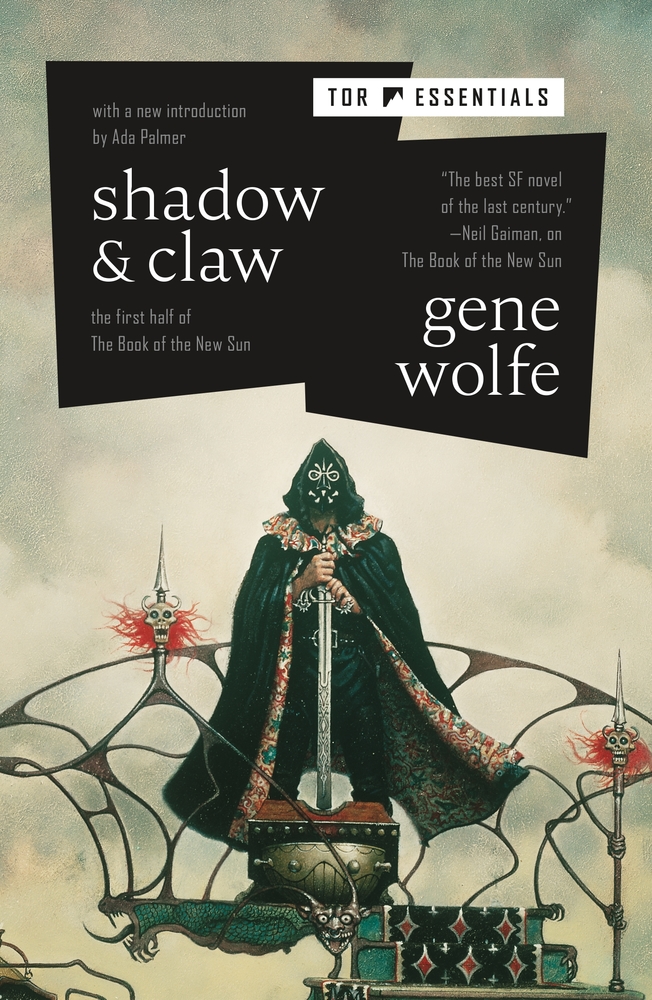 Shadow & Claw
Shadow & Claw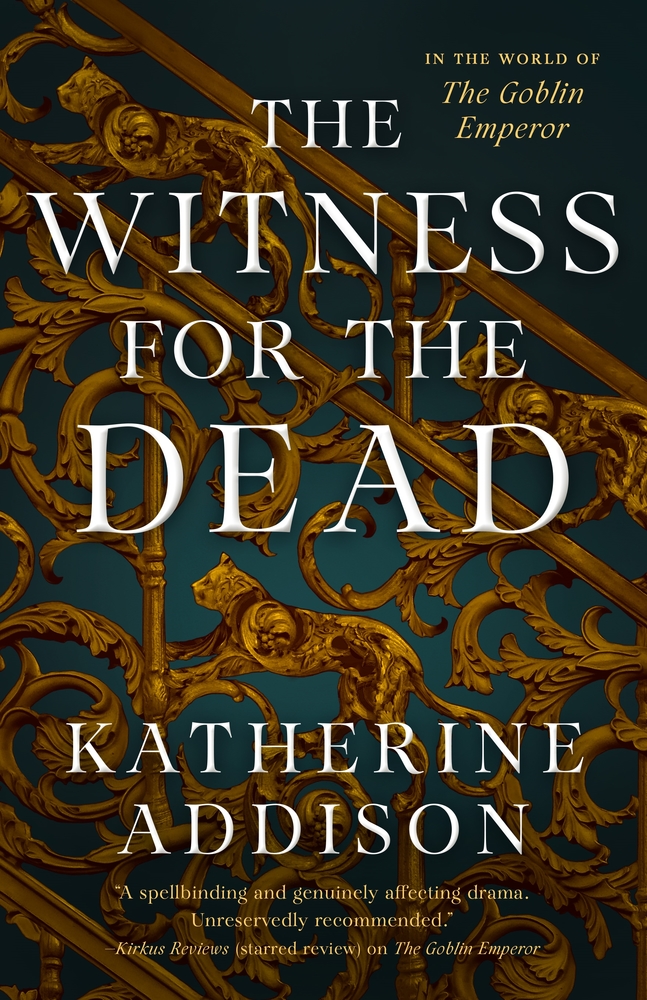 Witness for the Dead
Witness for the Dead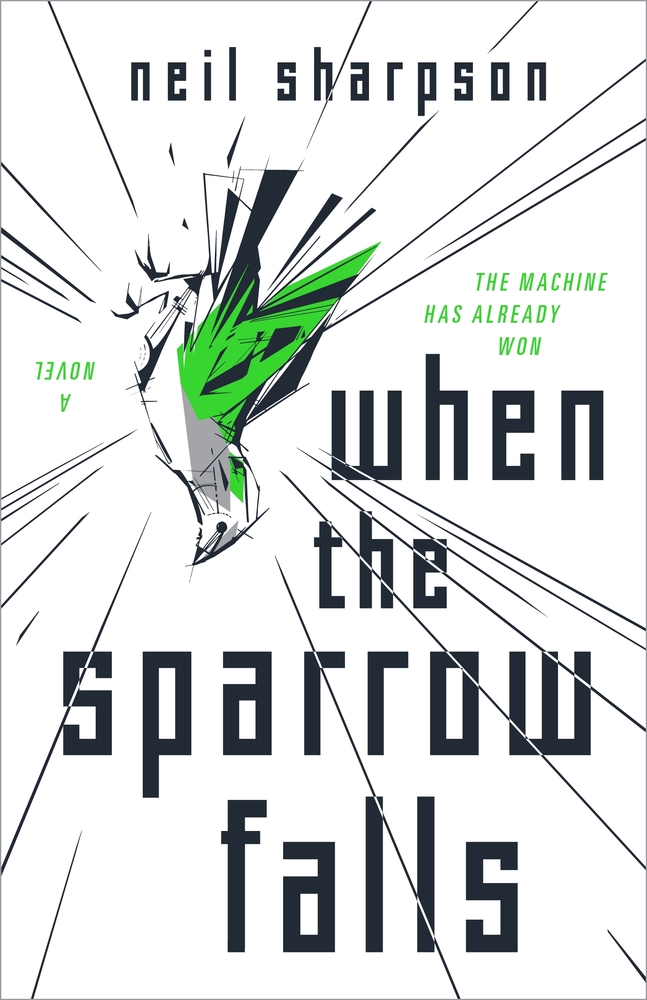 When the Sparrow Falls
When the Sparrow Falls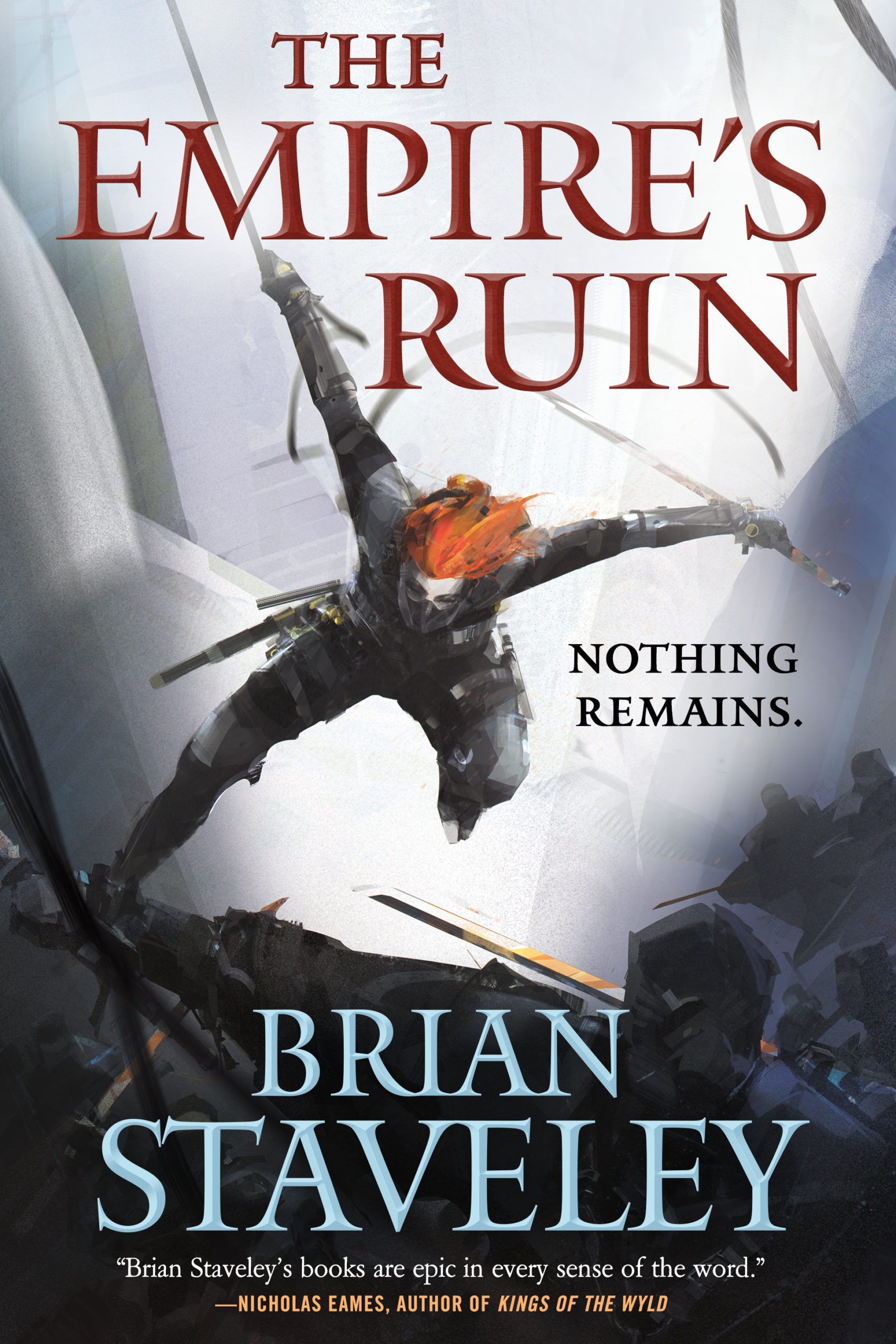 The Empire’s Ruin
The Empire’s Ruin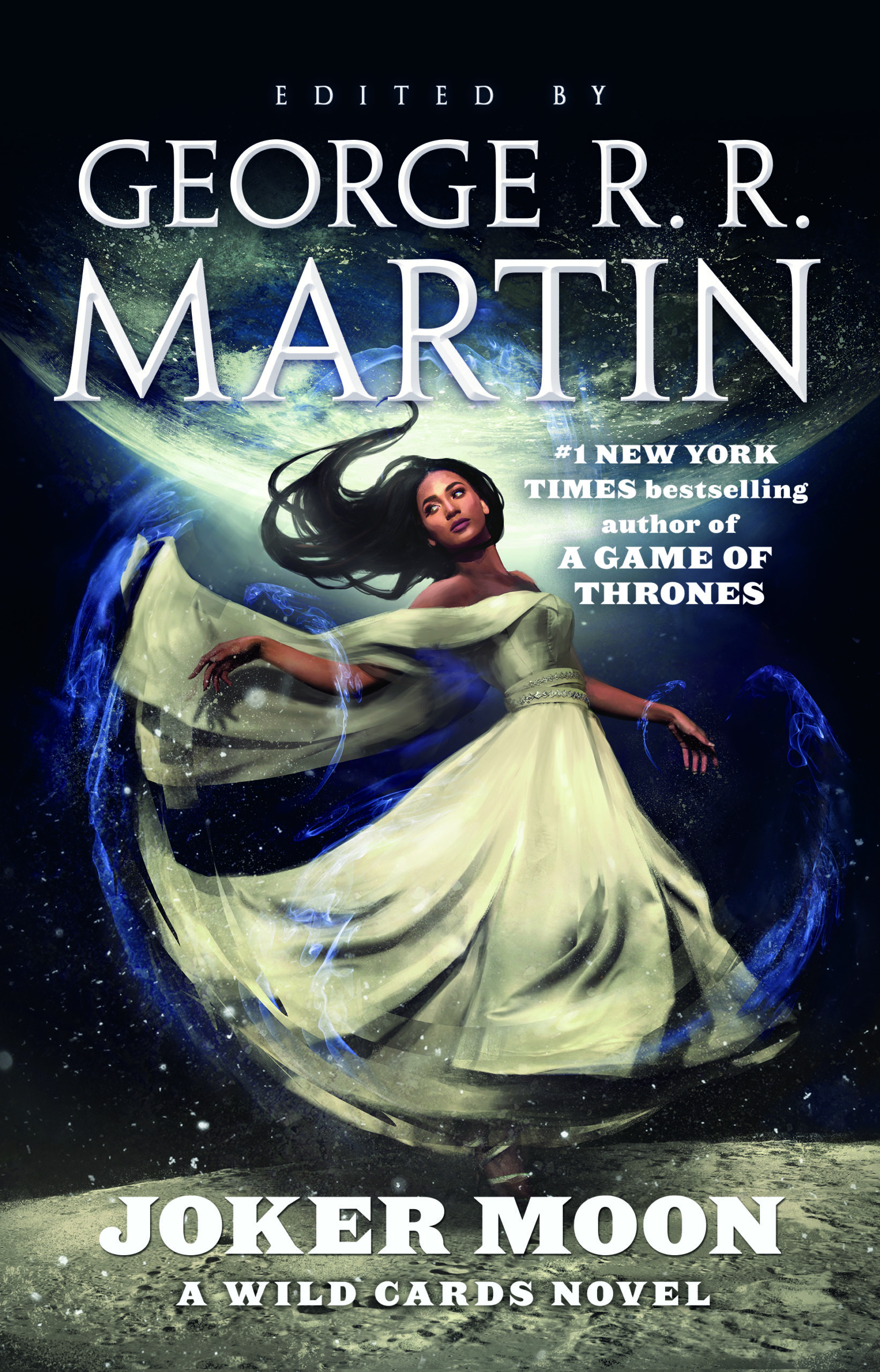 Joker Moon
Joker Moon The Justice in Revenge
The Justice in Revenge She Who Became the Sun
She Who Became the Sun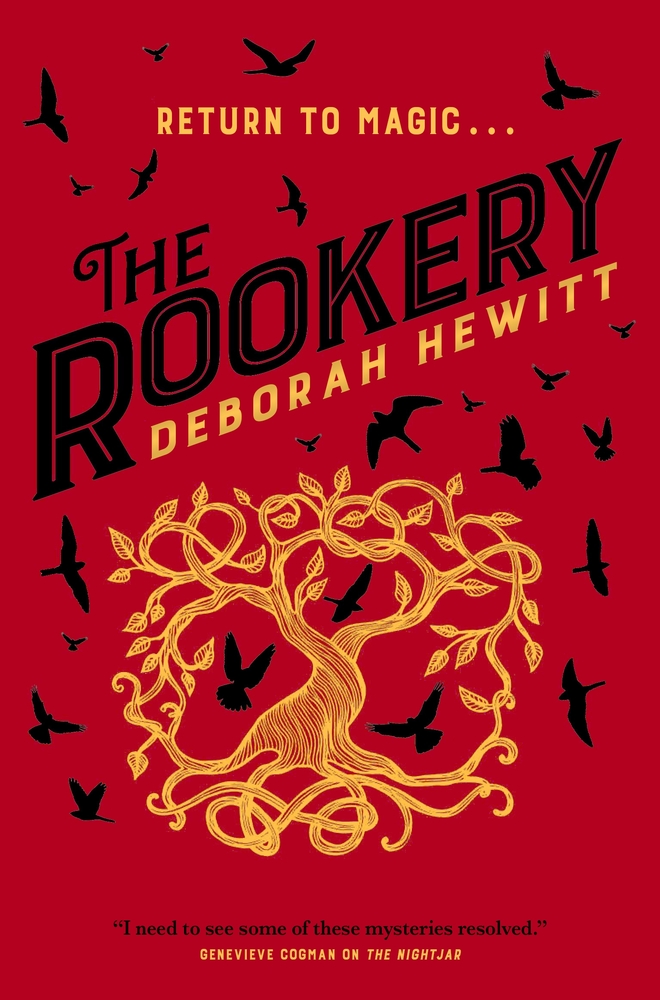 The Rookery
The Rookery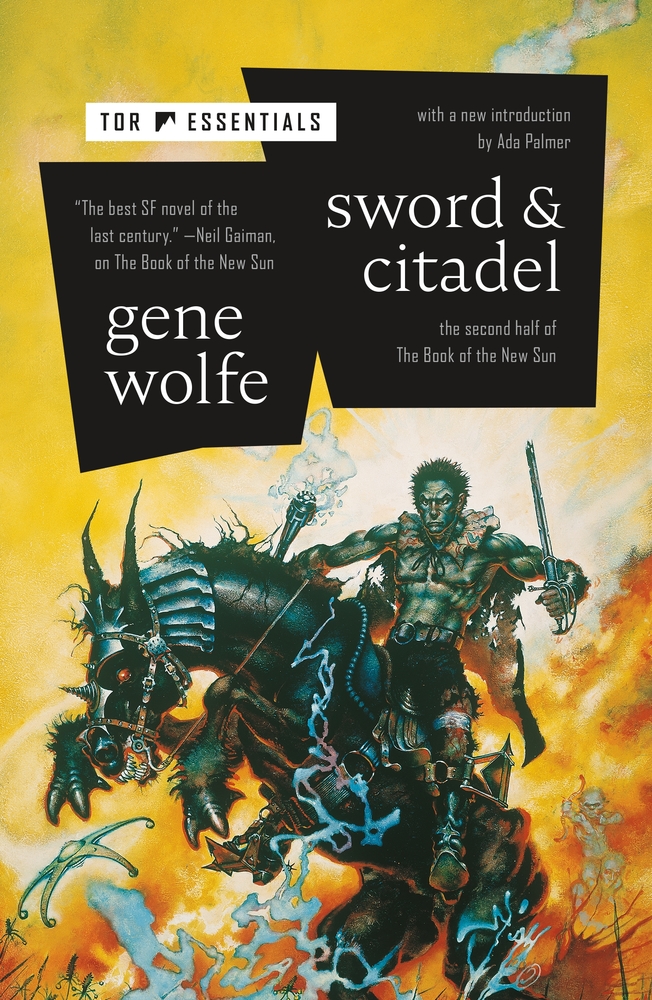
 Neptune
Neptune The Exiled Fleet
The Exiled Fleet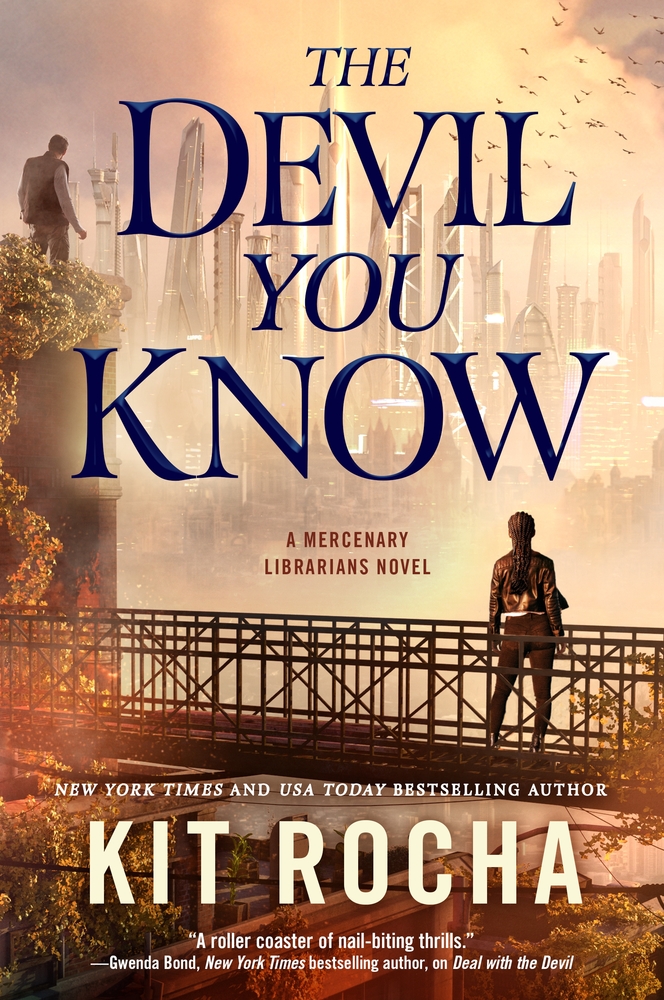 The Devil You Know
The Devil You Know Fury of a Demon
Fury of a Demon You Sexy Thing
You Sexy Thing
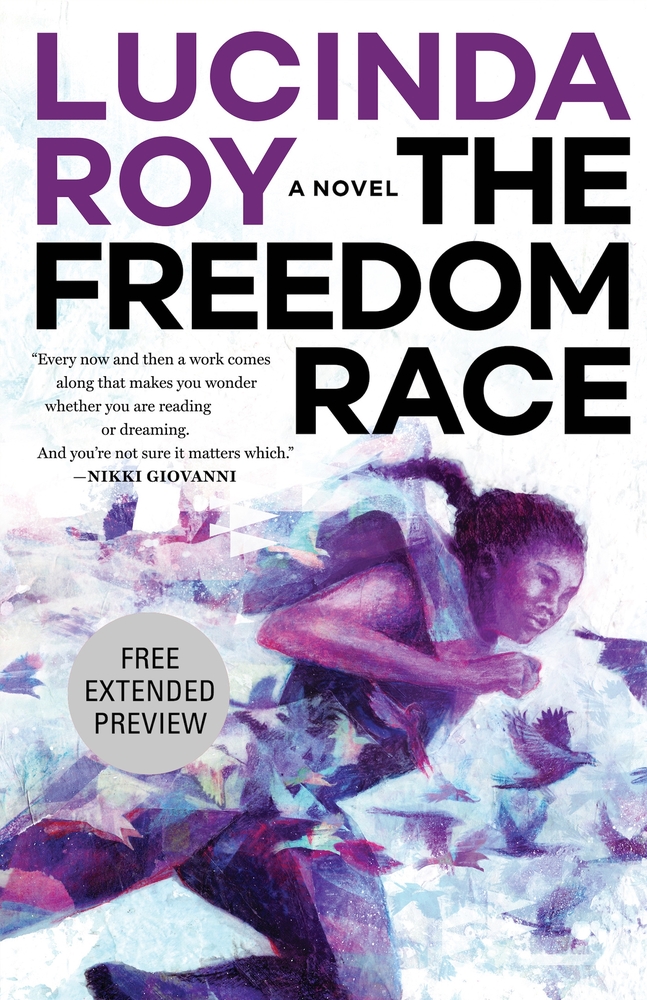 The Freedom Race, Lucinda Roy’s explosive first foray into speculative fiction, is a poignant blend of subjugation, resistance, and hope. Download a FREE sneak peek today!
The Freedom Race, Lucinda Roy’s explosive first foray into speculative fiction, is a poignant blend of subjugation, resistance, and hope. Download a FREE sneak peek today!